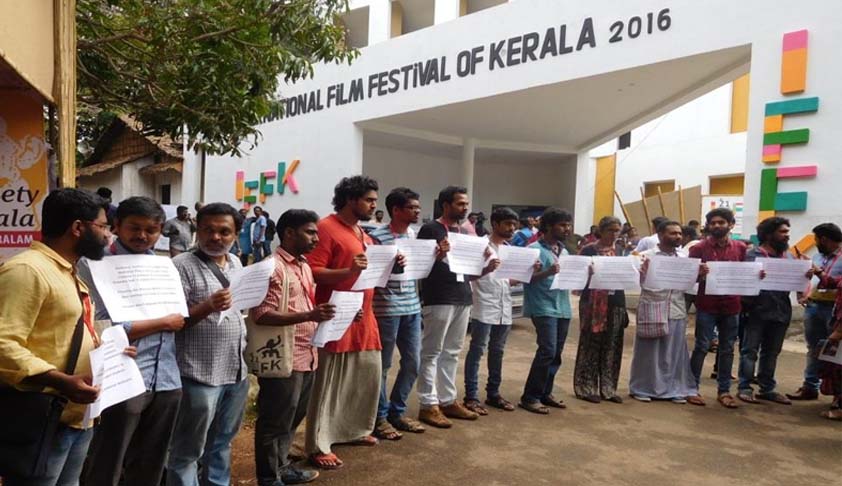National Anthem Arrests: Police Clueless On Offences To Be Charged
LIVELAW NEWS NETWORK
14 Dec 2016 12:43 PM IST

Next Story
14 Dec 2016 12:43 PM IST
The order to stand up during the national anthem is a judge-made law without prescribing the nature of punishment for its violations. In the absence of nature of punishment and the interim directions, the police are resorting to Sections like 188 of the Indian Penal Code, in addition to Section 3 of Prevention of Insults to National Honour Act, 1971. Around 20 persons have been arrested so...
